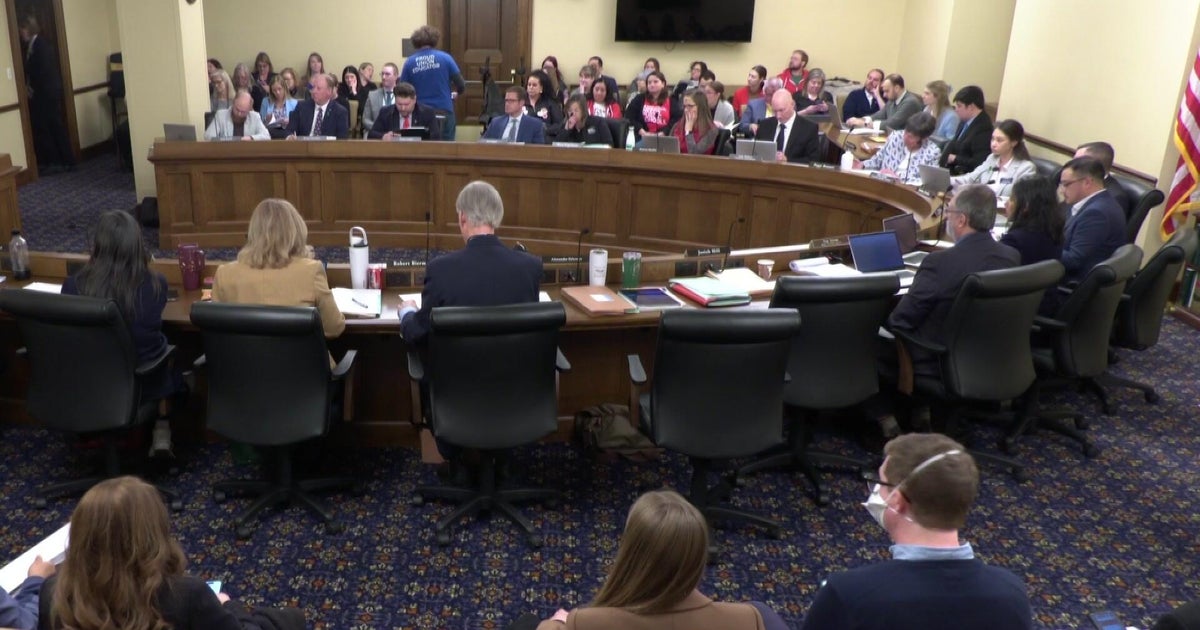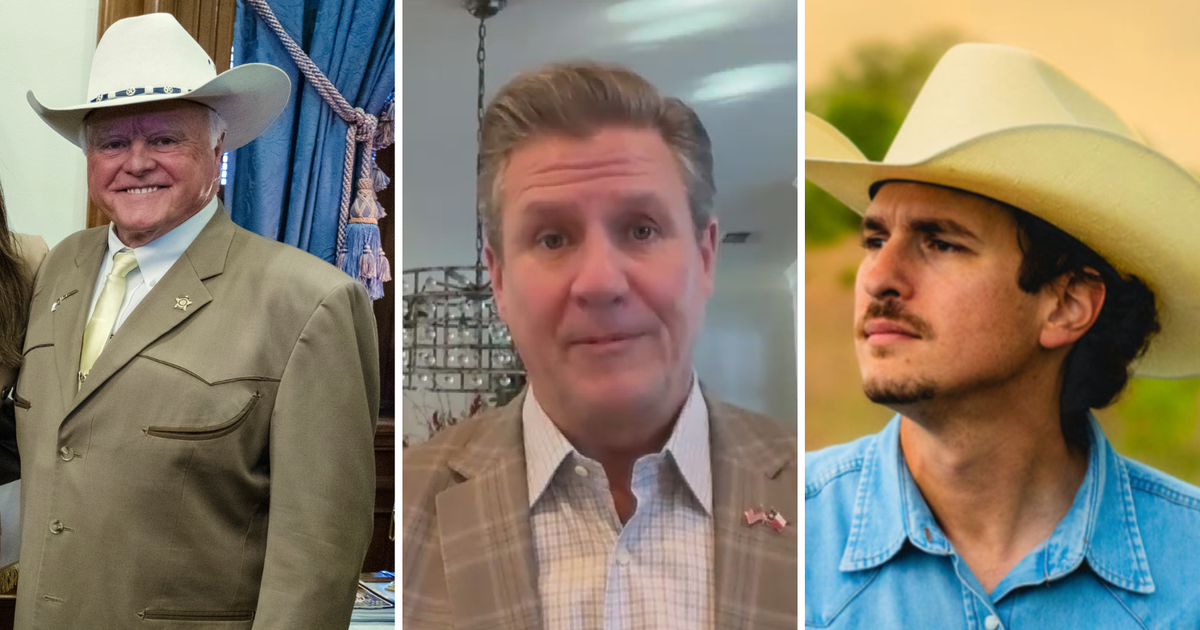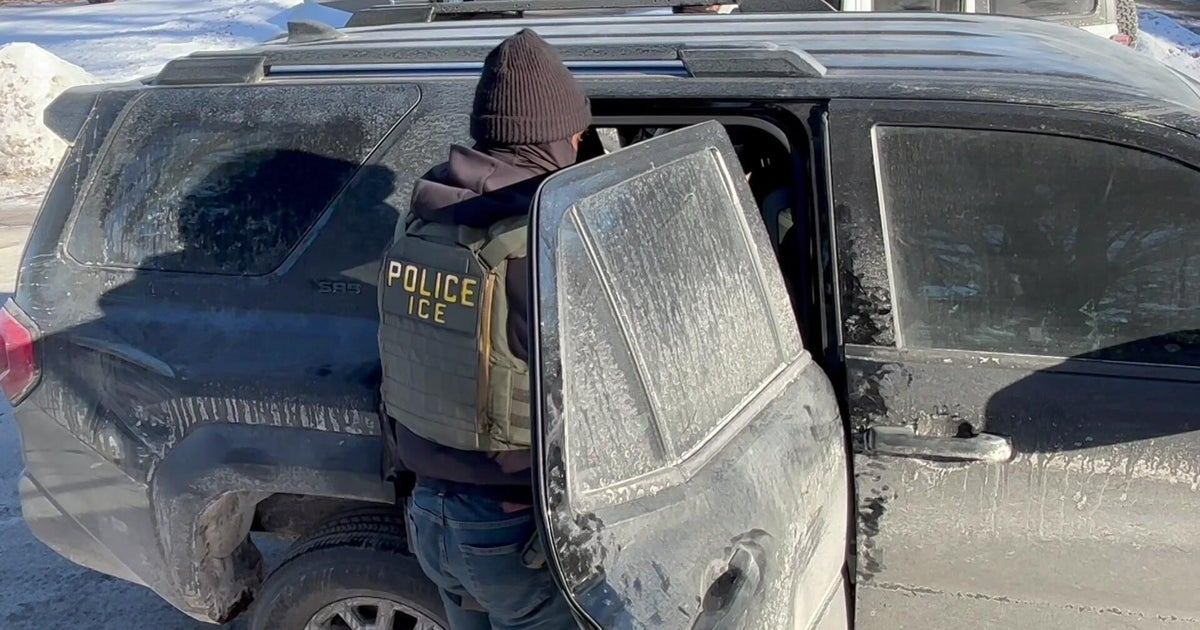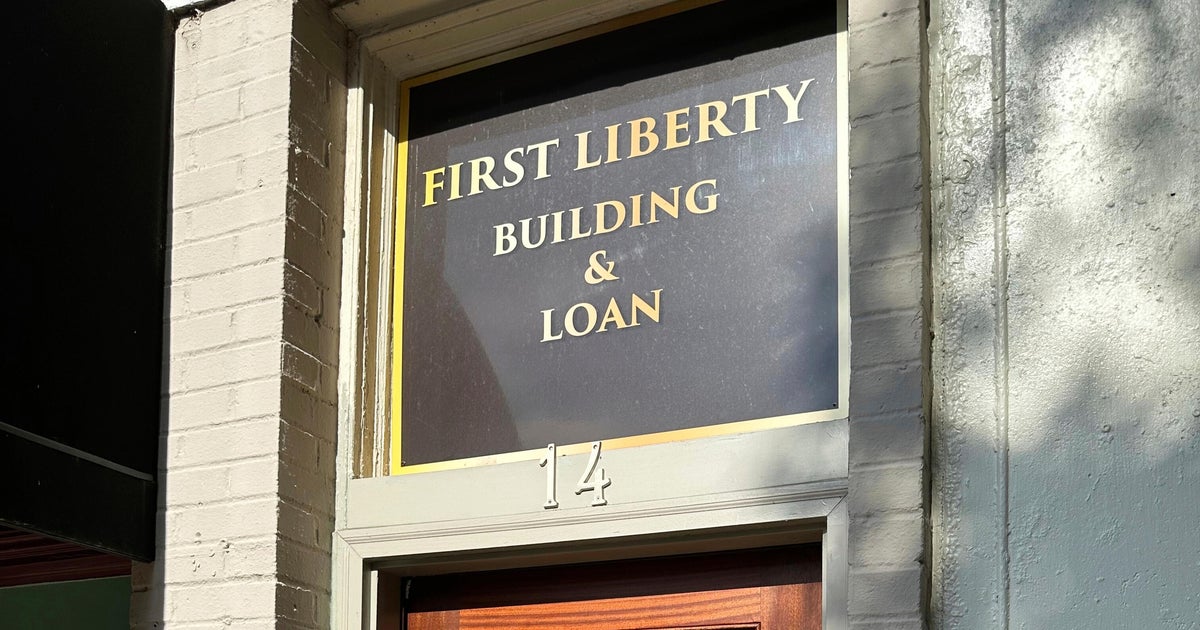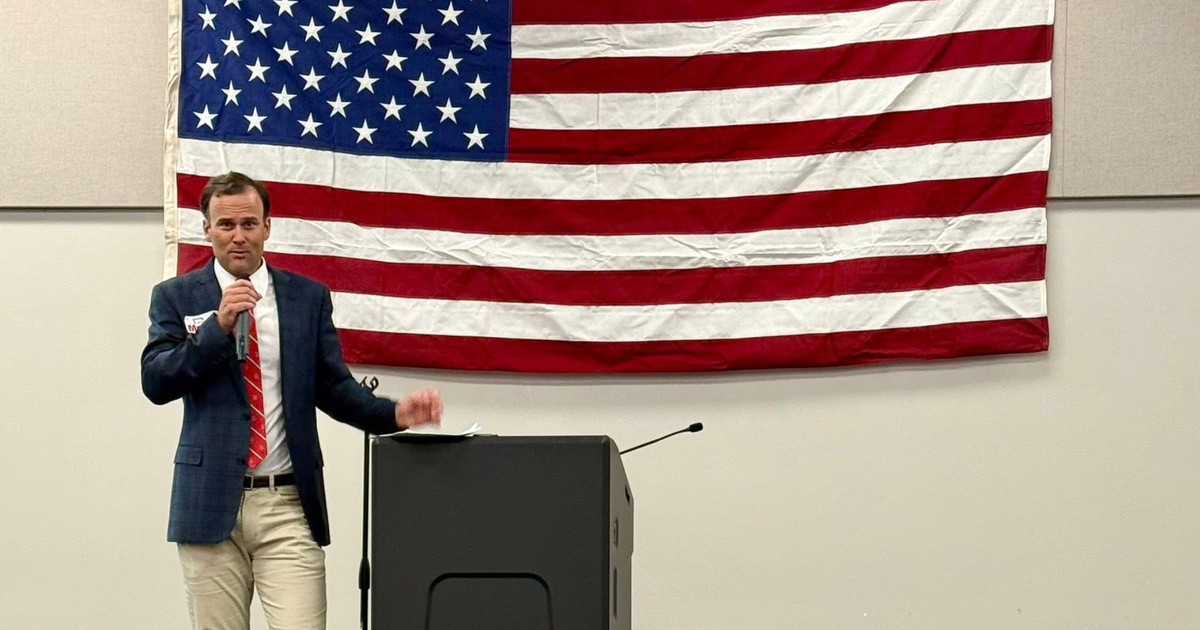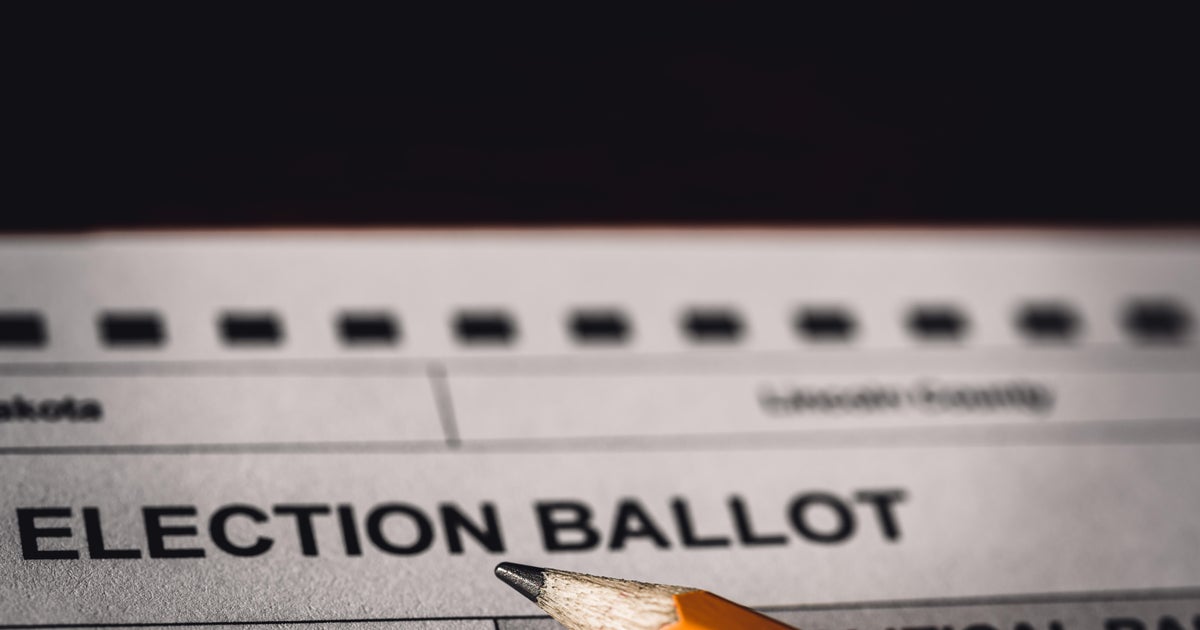Primary Voters Make Picks For Minn. Legislature
MINNEAPOLIS (AP) — Primary voters in 40 legislative districts strewn from Bemidji to Stillwater were deciding Tuesday who will take part in a big November struggle for control of the Minnesota Legislature.
Among the most watched races were three in the western Twin Cities suburbs where Republican incumbents faced challenges from the right. A wave of retirements left 19 open seats with contested primaries, including free-for-alls featuring multiple Democrats and Republicans in House districts in Moorhead, Mora and on the Iron Range. And in races from Andover to New Hope and Princeton, primary voters of both parties were picking opponents for incumbent lawmakers.
Democrats are aiming to overturn Republican rule of both legislative chambers in November. A turnover would happen with a net loss of four Republican-held seats in the Senate or six in the House. Democrats had the majorities until two years ago, when Mark Dayton became the first Democrat elected governor in a quarter century.
Control of the Legislature brings the power to control the legislative agenda and shape the second half of Dayton's term. The governor is campaigning for full Democratic rule so he can push through income tax increases on the highest earners and more spending on schools. Republicans want to block that agenda in favor of holding down or cutting taxes and spending as the state is projected to grapple with another deficit. All 201 legislative seats are on the ballot in November.
More than 40 incumbent legislators declined to run again this year, part of the upheaval after political boundaries are adjusted each decade. At least a quarter of next year's Legislature will be new.
The GOP contests in the Lake Minnetonka and Chanhassen areas drew outside spending and the involvement of higher Republican powers, including House Speaker Kurt Zellers and U.S. Rep. Erik Paulsen.
Rep. Steve Smith of Mound had few friends left — among them labor unions, which might hurt in a Republican primary — as tea party activist Cindy Pugh sought to turn him out of the House after 22 years representing the Wayzata area. Pugh had the backing of Zellers and GOP Chairman Pat Shortridge, who filed a complaint when Smith failed to reveal his campaign finances.
In a Senate race in the same area, Mound City Councilor Dave Osmek stood to block Rep. Connie Doepke's attempt to move up from the House after he won the Republican endorsement and outside groups attacked her as a big spender. Doepke, of Orono, didn't help her bid when she circulated campaign literature showing her with Paulsen as a "longtime supporter." Paulsen endorsed Osmek and said so.
In the Chanhassen and Waconia area, auto mechanic Bruce Schwichtenberg challenged Sen. Julianne Ortman, the GOP deputy majority leader and Senate Tax Committee chairwoman, after party activists deadlocked on an endorsement. Schwichtenberg portrayed Ortman as too status quo for conservative voters.
Outside the Twin Cities, Democratic Sens. Tom Saxhaug of Grand Rapids and Lyle Koenen of Clara City were both up against primary opponents on their way to matchups with Republican incumbents in November. In the Grand Rapids district, Saxhaug was challenged by fellow Democrat Laverne Pederson of Bemidji, while Sen. John Carlson, R-Bemidji, had no primary opponent. In the Willmar area, Koenen had a primary challenge from construction and landscape business owner Larry Rice; the winner will face Sen. Joe Gimse, R-Willmar.
Other incumbents, including Sen. Michelle Fischbach, R-Paynesville, and Rep. Tom Huntley, DFL-Duluth, were expected to clear primary hurdles without much trouble.
Some primary ballots featured the familiar names of former lawmakers seeking to return to the Capitol. Former Rep. Tim Faust, a Democrat, was running against Pine City planner Nathan Johnson as he tried to reclaim his old seat in the Mora area. Former Rep. Sandra Masin, a Democrat from Eagan, was in a primary with Milton Walden of Burnsville for a House seat she represented for four years.
Republican Rep. Mary Kiffmeyer of Big Lake, a former secretary of state, was opposed by first-time candidate Paul Bolin in a Republican primary as she sought to move up to the Senate.
Winning a primary is usually just the first step toward the Legislature — except for the winner of the Democratic Senate primary between Sen. Chris Eaton and former mayoral candidate Timothy Davis Sr. in Brooklyn Park. The winner will have no opponent in November.
(© Copyright 2012 The Associated Press. All Rights Reserved. This material may not be published, broadcast, rewritten or redistributed.)

